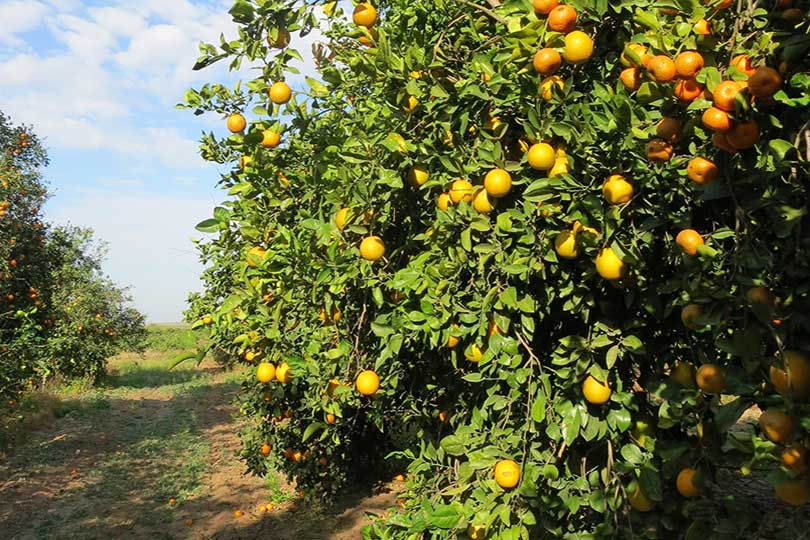The U.S. Department of Agriculture’s (USDA) National Institute of Food and Agriculture (NIFA) announced four grants totaling more than $13.6 million to battle a scourge on the nation’s citrus industry, citrus greening disease.
The disease, also known as Huanglongbing (HLB), is currently the most devastating citrus disease worldwide. First detected in 2005 in Florida, citrus greening has since affected all of Florida’s citrus-producing areas, according to USDA.
This disease led to a 75 percent decline in Florida’s $9 billion citrus industry.
Fifteen U.S. states or territories are under full or partial quarantine due to the presence of the Asian citrus psyllid (ACP), a vector for HLB, recently released in a USDA news release.
“The economic impact of citrus greening disease is measured in the billions,” said NIFA Director Sonny Ramaswamy. “NIFA investments in research are critical measures to help the citrus industry survive and thrive, and to encourage growers to replant with confidence.”
Since 2009, the USDA has invested more than $400 million to address citrus greening, including more than $57 million through the Citrus Disease Research and Extension Program.
Funded projects include Clemson University researchers using naturally HLB-resistant citrus trees to develop new resistant varieties.
The Regents of the University of California project will design and identify HLB bactericides based on both natural and nanotechnology approaches.
Among past projects, the University of Florida developed bactericides to help recover fruit production in HLB-affected orchards.
NIFA is a member of the federal Multi-Agency Coordination (MAC) group to help deliver tools to citrus growers to combat against HLB.
NIFA also supports the National Plant Diagnostic Network, which helps plant diagnostic laboratories share best practices and expedite diagnoses and screening for the Asian citrus psyllid and HLB. The network coordinates diagnostician training in HLB with USDA’s Animal and Plant Health Inspection Service’s Plant Protection and Quarantine. These services enable rapid and accurate diagnoses and support U.S. food security.

